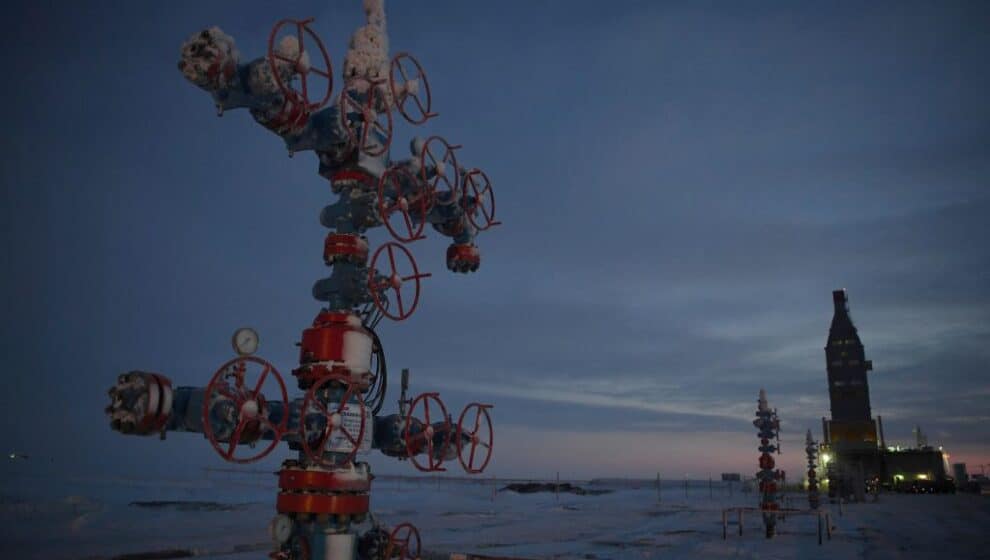Despite sanctions and attempts to move to more secure energy options, European countries are still heavily dependent on Russian oil.
Key Details
- Following the Russian invasion of Ukraine, European leaders issued sanctions against Russian oil—but certain energy imports from Russia have increased.
- Sanctions were issued against natural gas through the Nord Stream pipeline, however liquefied natural gas (LNG) imported to Europe increased 46%.
- This continued dependence on Russian energy makes Europe vulnerable to demands from Russia as winter falls over the continent and energy needs rise.
Why it’s news
European leaders were quick to place sanctions on pipeline gas in response to Russia’s invasion, but energy demand has forced the previously small LNG trade to grow.
From January to September, 16.5 billion cubic meters of Russian LNG were imported to Europe—an increase from 11.3 billion last year, Politico reports.
Europe’s previous imports of pipeline gas were around 105.7 billion cubic meters. However, after sanctions and actions from Russia, that has dropped to 54.2 billion. While the increase in LNG imports is small in comparison, the move seems contradictory to Europe’s previous commitments to cut off Russian points of revenue.
Russian LNG has predominantly been imported to France, the Netherlands, Spain, and Belgium this year. France is the largest buyer followed by Spain.
Novatek, an energy firm in northwestern Siberia, is the main exporter of LNG. The company is not owned by the Russian government, but has close connections to Russian leaders who may influence company decisions.
Some European countries currently importing LNG are locked into long-term contracts that have several years left before the terms expire. Only the U.K. and Lithuania have completely cut off Russian LNG imports.
If Europe were to look for LNG supply elsewhere, the market shift would likely cause higher energy prices around the world, Politico reports. However, Europe’s decision to continue importing Russian LNG does leave them open to Russia leveraging the energy supply to achieve its goals.
This concern is highlighted by the likely scenario that Europe will have an energy supply gap of around 30 billion cubic meters by next summer.
